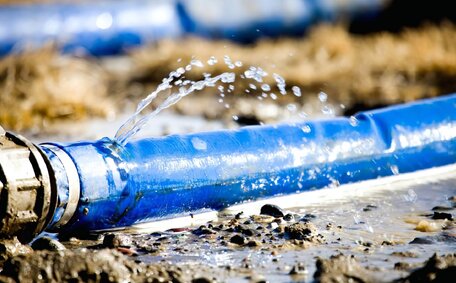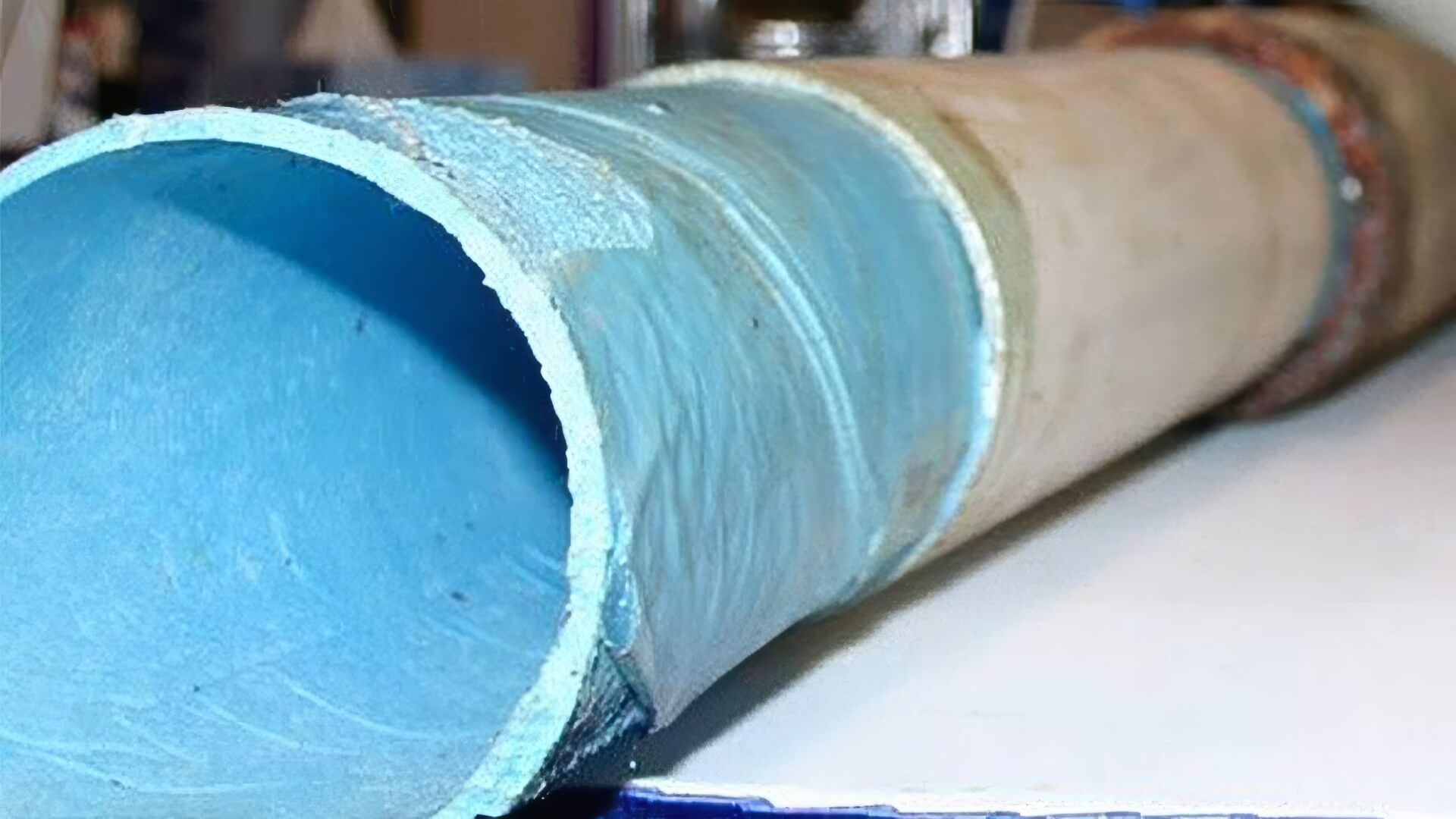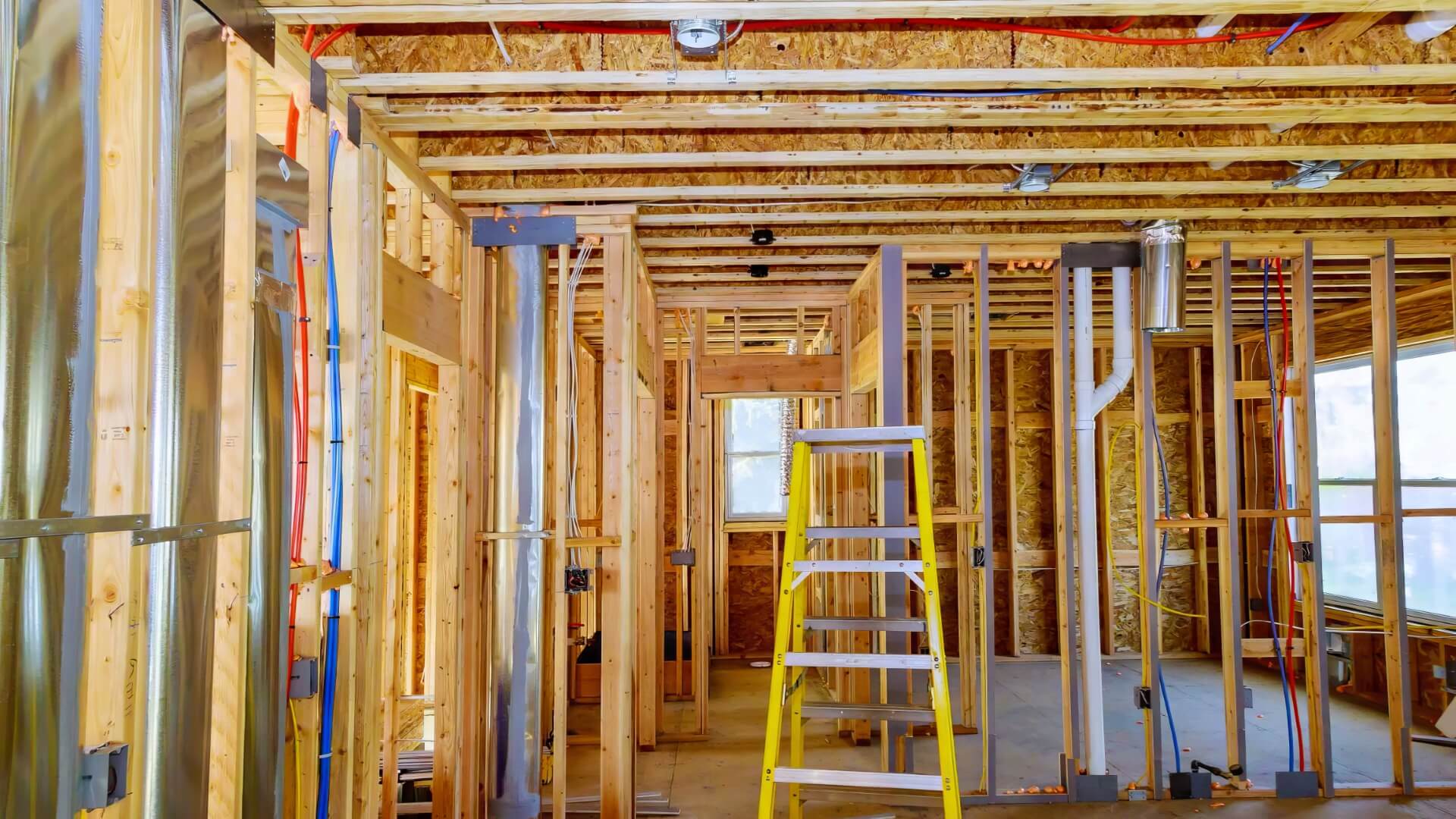Introduction to Gas Line Repairs
Issues with leaking gas lines are a serious safety concern. Even small instances of leaking gas that may seem harmless can cause explosions, fires, carbon monoxide poisoning, and other health risks if left unchecked. That’s why it’s critical to address any suspected gas line issues right away.
If you notice the rotten egg odour of a natural gas leak, immediately evacuate the house and alert the fire department and gas supplier. Avoid manipulating any electronics or lights as this could ignite a spark and cause an explosion.
Although professional repair by a licenced plumber is the safest option, taking initial steps to switch off gas flow can be crucial:
- Turn off the main gas valve located near your gas meter outside to halt the flow.
- Open windows and doors for ventilation.
- Inspect gas appliances including furnaces and stoves for any leaks.
- Look for visible pipe damage or ruptures.
- Test pipes and joints using specialised leak detector solution.
Attempting DIY repairs, such as fixing a leaking gas line or replacing pipes, is risky, particularly if there’s a significant gas buildup in the house. To protect your house from future leaks, monitor flames, schedule regular inspections, and replace aged pipes.
Understanding Common Causes of Gas Leaks
There are several common reasons why gas lines in your residence may start to leak:
- Corrosion: Over time, steel gas pipes may corrode or rust, creating small holes that let gas seep out. Old steel pipes often need replacement.
- Loose fittings: The connectors and valves along the gas line can come loose due to vibrations, temperature changes, or natural shifts in the ground. This allows gas to leak out of gaps in the fittings.
- Improper installation: Leakages can occur immediately or later on if installation of new gas lines or appliances is done using inappropriate materials, tools, or techniques.
- Damage: Accidental impacts to gas pipes from digging, construction, or lawn equipment can rupture pipes. Rodents chewing on pipes can also cause damage.
- Wear and tear: General age and deterioration of gas pipes and parts over decades of use can ultimately result in cracks, breaks, and leaks.
Sensitivity to the signs of potential gas line leaks in your vicinity and organising annual inspections are crucial to detecting issues before they escalate. Replacing ageing pipes and using quality materials reduce the risk of leaks occurring.
Locating Gas Leaks
There are a few methods you can use to locate a gas leak in your home:
Smell
Natural gas has an added odorant that gives off a distinct rotten egg smell. If you detect this smell, start searching for the source of the gas line leak right away. The strength of the odour does not necessarily correlate with the size of the leak.
Soapy Water
You can check for less obvious leaks by wetting areas along the gas line with dish soap and water. If any bubbles start to form, that indicates escaping gas. Focus on joints, valves, pipes, and fittings.
Electronic Gas Detectors
Employ an electronic combustible gas detector, which is engineered specifically for pinpointing the source leak in your gas system. Wave the probe around pipes and appliances to hear beeping frequencies that confirm a leak. Professional plumbers use advanced versions with sensors 10 times more sensitive than residential models.
Pressure Testing
Plumbers can perform detailed pressure tests, which are essential when fixing leaking sections, to locate the exact source of a leak. If pressure drops in a section of pipe indicate a rupture, that section then gets replaced or repaired.
Although the distinctive rotten egg smell makes gas leaks noticeable, locating the exact source often requires more expertise than a DIYer has. Call in a licenced gas fitter when necessary for expert leak detection and repairs.
Assessing Gas Line Damage
Once a gas leak is detected, it’s crucial to assess the extent of damage to determine if repair or full replacement is necessary. Here are key steps for evaluation:
- Visually inspect pipes and fittings for obvious signs of deterioration or rupture. Look for corrosion, dents, cracks, holes, breaks, loose fittings, etc.
- Pressure test sections of pipe using professional equipment. Isolated pressure drops indicate the location of leaks.
- Consider the pipe’s age and material. Old steel pipes corrode over decades of use and often need replacing.
- Determine if the leak was caused by damage like nearby construction or rodents. These would require pipe repairs.
- Decide whether a full pipe replacement is warranted based on the system’s condition, chronic leaks and safety risk factors.
While small leaks can possibly be patched, extensive damage along ageing gas lines usually means installation of all-new piping. Calling a certified gas plumber to evaluate gas line leaks in your home is highly recommended.
Safety Precautions When Doing Gas Line Repairs
Attempting DIY gas line repairs can be extremely hazardous if proper safety precautions are not followed. Here are some key steps to take:
- Confirm the gas valve, usually located outside near the gas meter, is switched off before beginning any work.
- Extinguish all open flames or pilot lights in your home.
- Use gas detection tools to monitor gas levels and identify leaks that may not be detected by smell, keeping the workspace safe.
- Keep several ABC class fire extinguishers readily available.
- Notify neighbours about the repairs in case evacuation becomes necessary.
- Don’t seal a gas leak until the root issue is resolved to prevent dangerous pressure buildup.
- Wear protective equipment like gloves, goggles, ear protection and masks to avoid inhaling fumes.
Gas systems involve complex components under dangerous pressure levels. Without proper knowledge, specialised tools, licencing, experience and bypasses, gas line repairs pose an extreme health risk and should only be done by qualified technicians. Contact a professional plumber immediately if you suspect a leak.
Step-by-Step Guide to Troubleshooting Gas Leaks
If you detect the rotten egg odour that signals a gas leak or your gas line shows visible damage, follow these troubleshooting steps:
- Evacuate all occupants and move a safe distance away from the building.
- Immediately call 000 to alert emergency services.
- Do NOT turn any lights or electronics on/off to avoid potential sparks.
- Find the main gas shut off valve near the gas meter and turn it to the closed position.
- Open doors and windows to ventilate the property safely without entering the premises.
- Do NOT try to detect any gas or stop the leak yourself, nor re-enter until emergency crews declare the space safe.
- Once given the all-clear, a licenced plumber will need to inspect pipes and appliances, conduct pressure testing, and complete necessary repairs before restoring your gas supply.
Gas leaks present extreme danger of fire, explosion, and toxicity, requiring specialised knowledge and equipment to address safely. Never attempt unauthorised repairs on gas lines or appliances.
When Professional Help is Needed
While you might consider tackling minor gas leaks yourself, many situations require the expertise of a professional gas fitter:
- The leak originates from the main gas line or metre - these components should only be worked on by qualified technicians.
- You are unable to determine the exact location or source of the leak.
- The leak requires pipe replacement or re-routing that is beyond basic repairs.
- Appliances show signs of gas leaks in valves, fittings or internal components.
- Pressure testing reveals extensive damage or corrosion needing pipes and parts replaced.
- The required repairs demand licencing, special tools, codes compliance or permits.
- You lack the expertise or confidence to safely conduct repairs yourself.
Procedures for Safe DIY Gas Line Repairs
If you’re addressing a minor gas leak in a short pipe section or a loose fitting and have verified it’s safe, follow these proper procedures for a DIY repair:
- Ensure to turn off the main gas supply and that the area is sufficiently ventilated.
- Apply an authorised pipe sealing compound to coat replacement fittings and pipes.
- When cutting pipes, ensure cuts are straight and burr-free.
- Replace only small sections of pipe using proper joining techniques.
- After repairs, carry out pressure tests to ensure there are no additional leaks.
- Particularly when fixing gas appliances, valves or gas metre components, never modify or attempt repairs.
Keep safety as the top priority while fixing leaking gas. Stop immediately if the leak persists and call a licenced professional. Gas systems contain complex parts under high pressure, requiring specialised expertise, equipment and compliance.
Considering Gas Line Replacement or Upgrade
While gas line repairs can seal small leaks, there are situations when full replacement or upgrading your gas piping system is necessary:
Signs You Need a Gas Line Replacement
- Your pipes exceed 30 years in age or show extensive corrosion
- You experience frequent or gradually increasing leaks
- Drop in pressure across a considerable pipe section during tests
- A licenced technician advises on replacement or to repair any significant issues due to safety risks
Benefits of Upgrading Your Gas Lines
- Increased capacity pipes accommodate additional gas appliances such as fireplaces or generators
- New piping is more resistant to leaks, corrosion and blockages
- Modern materials like polyethylene plastic offer improved safety and longevity
- Up-to-code gas lines increase your homes value for resale
Upgrading gas lines requires a significant initial investment but brings improved safety, reliability, and potential long-term savings. Consult a qualified plumber to discuss replacement options tailored to your needs.
Preventing Future Gas Line Issues
While gas line leaks can seem unpredictable, there are preventative measures you can take to minimise risks:
- Annual inspections by a licenced plumber are essential to check for leaks and evaluate gas line condition.
- Install protective barriers in your yard to prevent gas line leaks from inadvertent digging or vehicular damage.
- Maintain cleanliness around gas meters and pipes to avoid obstruction from debris and vegetation.
- Substitute ageing steel pipes with modern polyethylene to reduce corrosion risks.
- Apply sealant on pipe joints and perform tests on connections post-maintenance of gas lines or appliances.
- Watch for unusual shapes or colours in appliance burner flames.
Proactivity can curtail the need for costly emergency repairs and is crucial, considering the half a million reported gas line leaks nationwide each year. Seek a qualified gas fitting specialist’s services to maintain system safety.






